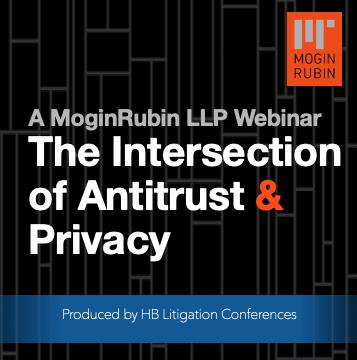Company Offers to “Pay” Part of Settlement with Addiction Pharmaceuticals
While the Sackler family has upped the ante, the settlement is met with some groans and skepticism.
Jessica Hartogs, Editor at LinkedIn News:
“Purdue Pharma has offered up a $10 billion restructuring plan that would pay $500 million up front to settle approximately 135,000 claims linked to the company’s role in the opioid epidemic. The Sackler family would pay more than $4 billion over a decade and also give up domestic ownership of the company, which is alleged to have fueled the deadly national opioid crisis with its OxyContin drug. They would also admit no wrongdoing. Two dozen state attorneys general immediately rejected the plan, reported NPR.”
Charlie Kingdollar, Retired Emerging Issues Officer at Gen Re:
Members of the Sackler family offered roughly $4.3 billion to resolve sprawling opioid litigation, up from $3 billion initially proposed in settlement discussions.
Purdue’s chapter 11 plan must be approved by a bankruptcy judge and likely will be challenged in court by individuals who have suffered injuries from opioids and state attorneys general who have not signed onto the deal. A final resolution isn’t expected before the summer. “We’re going to keep fighting for the accountability that families all across this country deserve,” said Massachusetts Attorney General Maura Healey, who, along with 23 other attorneys general, voiced opposition to the plan Monday and called for greater transparency and more money upfront from the Sacklers.
Fred Johnson, Attorney, Spencer Fane LLP:
“[T]he company that introduced America to OxyContin and is alleged to have ushered in the opioid epidemic in the country, has proposed a $10B settlement to resolve 1000s of civil lawsuits and other civil and criminal matters and its bankruptcy, and allegedly intends to fund part of the settlement through the sale of ‘overdose reversal’ and addiction treatment drugs that it has in development. Seriously.”


